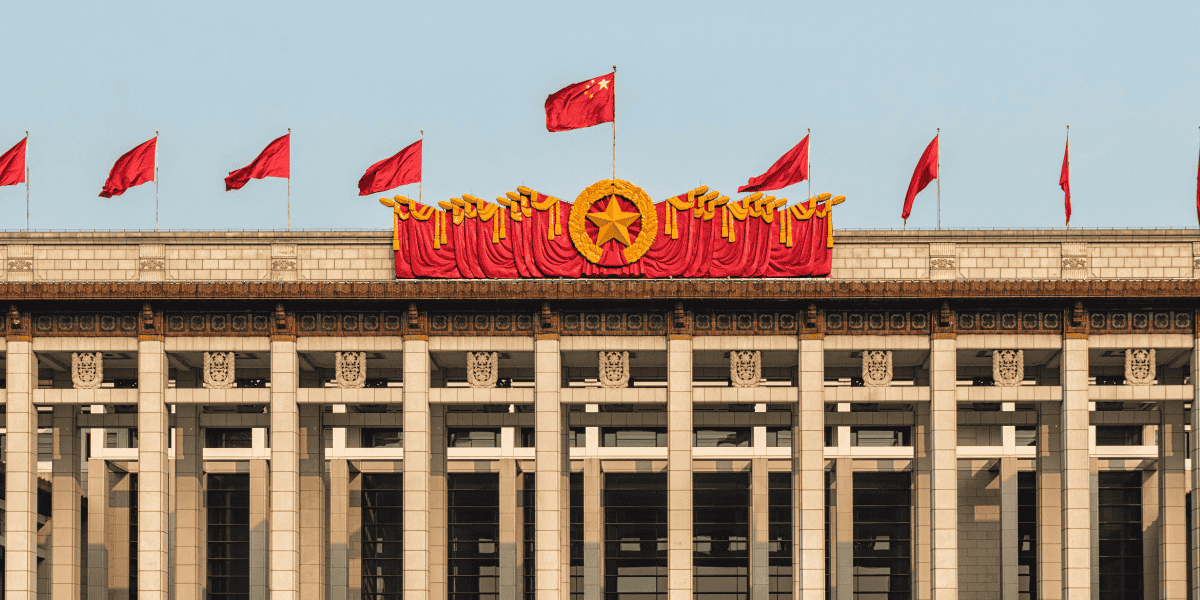The Trump Administration released a memorandum titled “Clarification of Exceptions Under Executive Order 14257 of April 2, 2025, as Amended” on 11 April 2025.
The clarification broadens the reciprocal tariff exception for “semiconductors” to include computers, computer parts, smartphones, flat panel displays, monitors, and other electronic products imported from China. The expanded exception also includes machinery for manufacturing semiconductor boules, devices, wafers, and electronic integrated circuits.
The clarification did not explain the decision, but the exemption brings much-needed relief to major tech companies like Apple, Dell, and other importers. The decision also exempts certain electronics from Trump’s 10% “baseline” tariffs on imports from most countries outside China. This move reduces import costs for Taiwanese semiconductors and Apple iPhones manufactured in India.
The exception will be applied retroactively starting 5 April 2025. Any duties (tariffs) that were collected at or after 12:01 AM Eastern Daylight Time on 5 April 2025 shall be refunded by US Customs and Border Protection’s standard procedures for such refunds.
However, Commerce Secretary Howard Lutnick stated that these products, including semiconductors, will face new tariffs in the future.
Despite the tariff exemptions on electronic imports from China, the previous 20% tariffs imposed by Trump on all Chinese imports in January will still be effective. The White House says the goal is to curb the flow of illicit fentanyl from China to the US. The tariffs were eventually raised to 145%, combined with an earlier announced 125% rate.
Beijing retaliated by announcing that it had increased its tariffs on US imports to 125% on 11 April 2025.
Earlier, US President Donald Trump announced a three-month suspension of all “reciprocal” tariffs that took effect on 9 April 2025, excluding those applied to China.
















